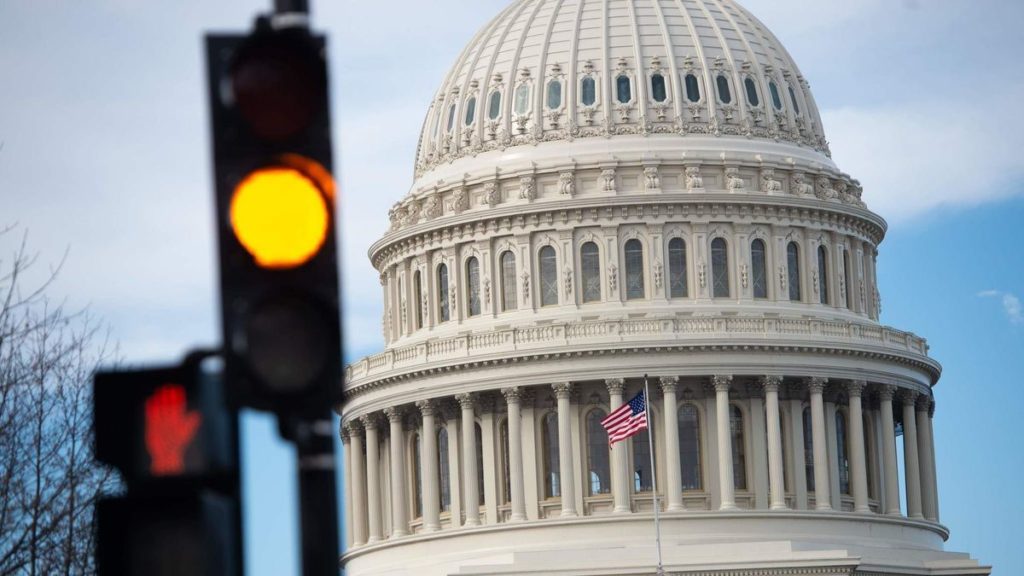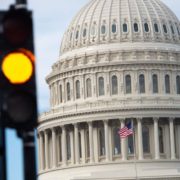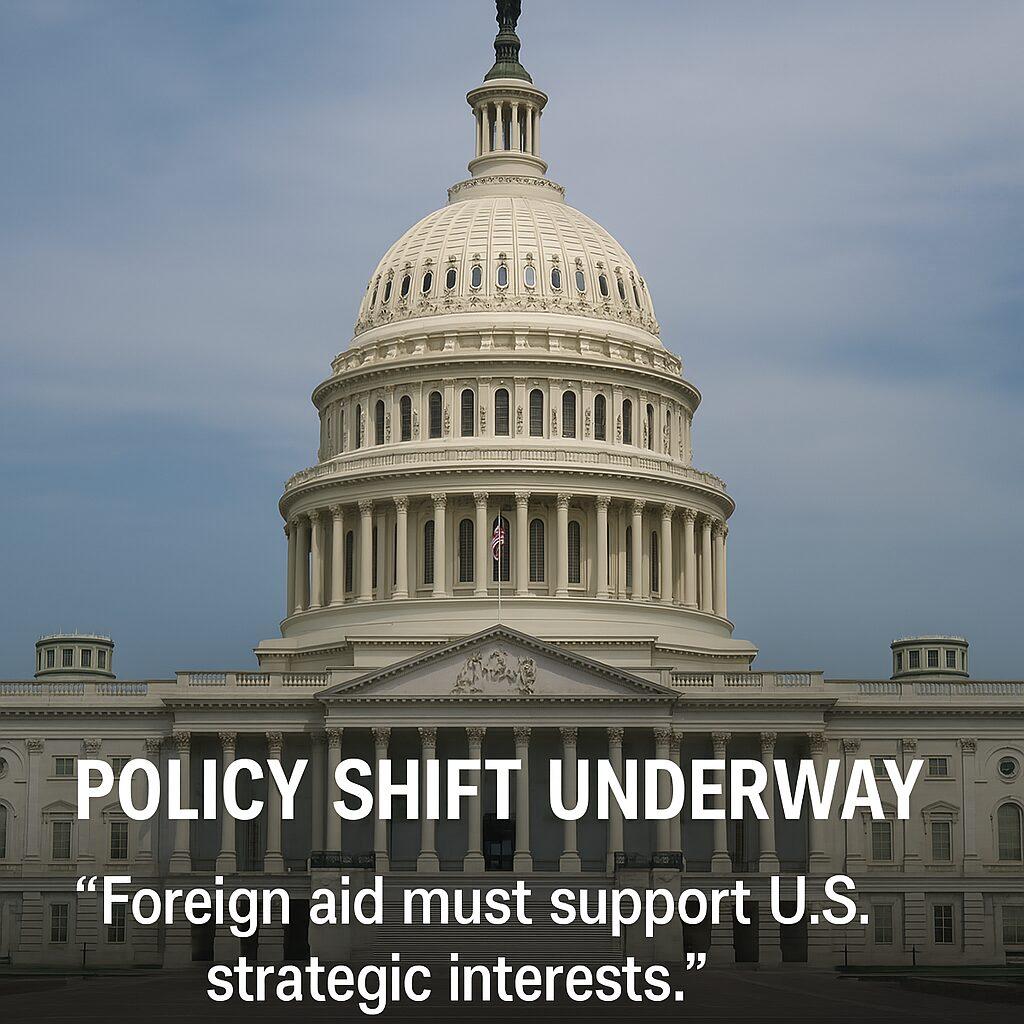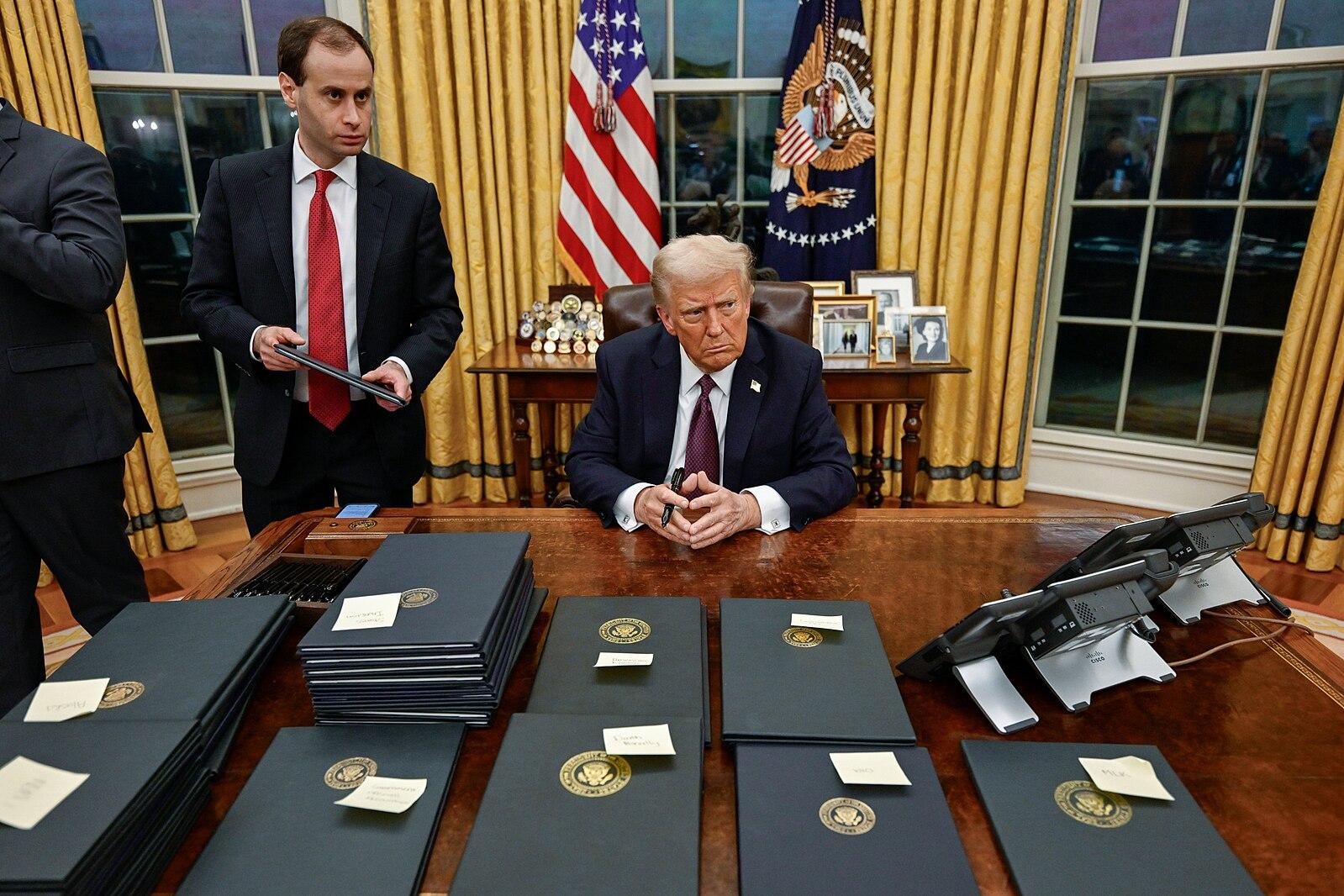
Trump ‘extremely unhappy’ with current deal
Filipino-American Ted Aquino has been an air traffic controller at John Wayne Airport in Irvine, California for more than 20 years. After emigrating from Manila, Philippines to Tustin, California, a lengthy job search got him this gig, which he said he enjoys.
“I’ve always loved airplanes, and wanted to be a pilot originally, but I figured air traffic controllers also have an important job, so I got it and have been happy for the last 20 or so years,” Aquino told the Asian Journal in a recent phone interview.
He’s been happy with it, that is, until recently. Aquino was one of the thousands of “non-essential” federal workers who worked without pay during President Donald Trump’s 5-week government shutdown, the longest shutdown in American history.
As previously reported by the Asian Journal, the shutdown was the result of an impasse over Trump’s demand for $5.7 billion of federal dollars allocated for his long-awaited U.S.-Mexico border wall. Democrats have repeatedly declined the request, which led to Trump’s refusal to sign the spending package, which didn’t include said border wall funds.
“I have kids who need to be fed and taken care of, [so] I really can’t afford being a pawn in this whole [expletive] situation,” Aquino said, venting out his financial grievances over the phone. “And I know I’m not the only one.”
Aquino is right in that the five-week shutdown that began on Dec. 22, 2018 to Jan. 25, 2019 resulted in 800,000 federal workers being furloughed or working without pay. The government reopened when Trump agreed to a stopgap bill that temporarily opened the government until this Friday, Feb. 15.
Ahead of the bill’s expiration date, Trump on Tuesday, Feb. 12 said that he is “extremely unhappy” with the bipartisan deal that congressional lawmakers offered to avoid another shutdown.
That bill lacked the $5.7 billion for the wall, and only included funding for a southern border fence.
“I am extremely unhappy with what the Democrats have given us,” the president told reporters. “It’s sad. They’re doing the country no favors. They’re hurting our country very badly. But we certainly don’t want to see a shutdown.”
Trump doubts that there would be a second shutdown, but preemptively placed the blame on Democrats if it comes to that.
“And I accepted the first one, and I’m proud of what we’ve accomplished because people learned during that shutdown all about the problems coming in from the southern border,” Trump added. “I accept it — I’ve always accepted it. But this one, I would never accept it if it happens, but I don’t think it’s going to happen. But this would be totally on the Democrats.”
But Trump indicating he is “proud” of what was accomplished sugarcoats the frantic upheaval that plagued the federal workforce. Amid the partisan battle in Washington over spending packages and border walls, the economic well-being of individual employees was at stake, Aquino remarked.
“It’s not a game, it’s our lives here, and that time was really hard because I would go into work unsure if I would get paid for my work that day, which, I admit, did mentally affect me most days [during the shutdown],” Aquino said.
Aquino also emphasizes the public safety concerns of “playing” with the jobs of air traffic controllers. Aquino said that the typical process to become an air traffic controller involves years of training before being certified for the job.
“There are no rest days on the job. You have to be on guard since you’re overseeing as many as 30 planes at a time. There’s no room to slip up, but when you’re worrying about if you can’t pay your rent on time, naturally it affects your overall well being,” Aquino explained.
Air travel is a uniquely, almost totally federally-operated system that hinges so much on safety, and that safety hinges upon its hundreds of thousands of workers.
The Transportation Security Administration (TSA) under the Dept. of Homeland Security is responsible for the security of travelers in the U.S. that was created after the September 11 terrorist attacks.
Dolores Harden, a Filipina-American TSA worker at McCarran International Airport in Las Vegas, saw the irony in the 35-day shutdown’s furloughing of “actually essential security employees” because of the border wall.
“As TSA agents, it’s our job to protect the American people and thwart any terrorism threats. I was with some of my coworkers the other day, and we were laughing about the government shutdown over a wall — which is purportedly supposed to protect us from drug dealers coming into the country —actually caused already employed protectors of terrorism and harm to miss our pay,” Harden told the Asian Journal in a recent phone interview on Wednesday, February 6.
Harden was one of the 55,000 TSA workers who were expected to work without pay. TSA workers are categorically labeled — and perhaps, truly are — essential federal employees. She was also one of the thousands of TSA agents who missed work during the shutdown.
When asked if she missed work in protest of the shutdown (as some “essential” federal workers did), she declined and said that it was for “economic reasons.”
But she did imply that the overall tension at work during the shutdown was palpable. Harden said that she felt resentment towards the government for “such a willy-nilly decision that impacted a lot of us negatively.”
“I’m not trying to be partisan here when I say that what happened, and what might happen next week was not right. I don’t think it’s partisan to say we don’t need a wall. We need federal workers with jobs [that] are solely to protect the American people to be respected,” Harden said. (Klarize Medenilla/AJPress)





